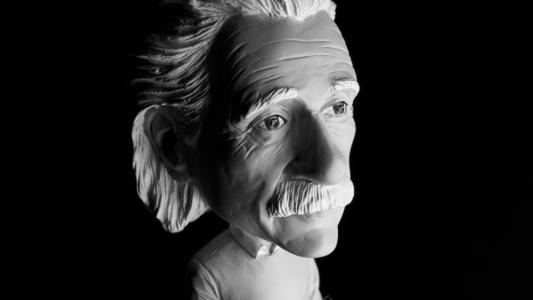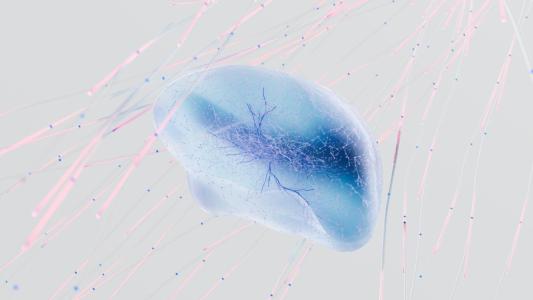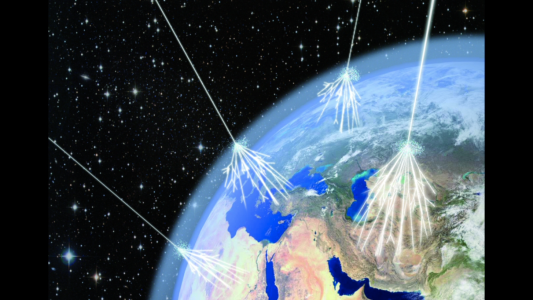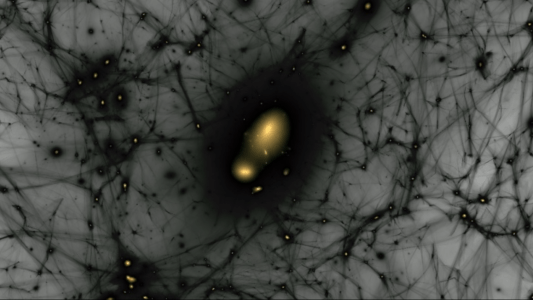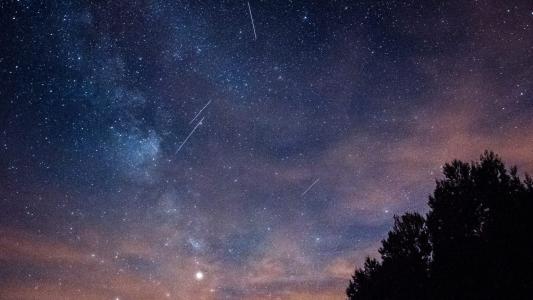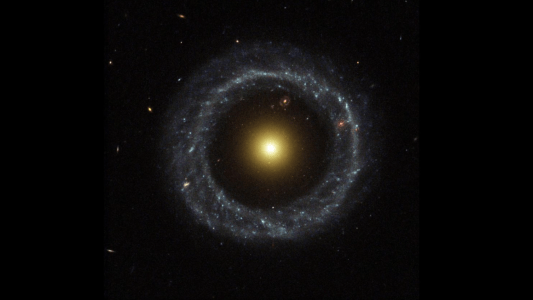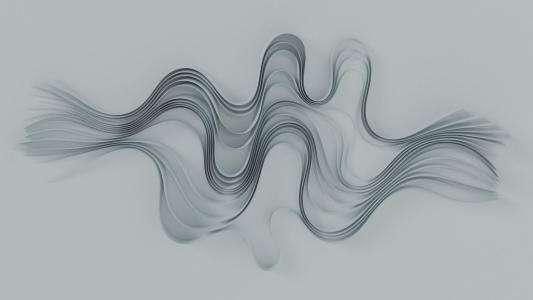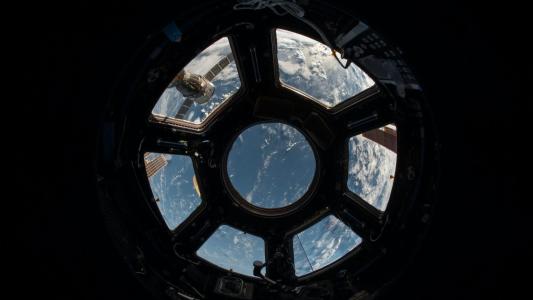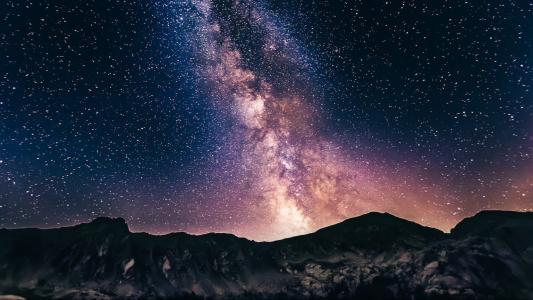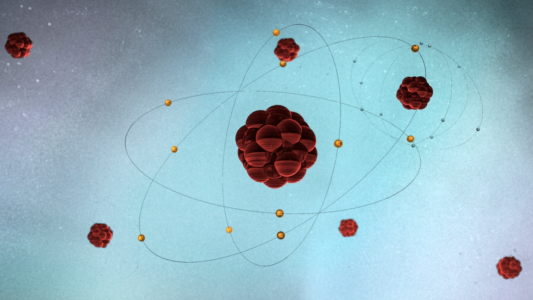Physics
How Einstein challenged quantum mechanics and lost
Is quantum mechanics weird? Yes. Is it wrong? No. At least not in any way Albert Einstein could prove.
Brain experiment suggests that consciousness relies on quantum entanglement
Researchers possibly witnessed entanglement in the brain, indicating that some brain activity, like consciousness, operates on a quantum level.
How to prove Einstein’s relativity for under $100
Muons only live for 2.2 microseconds before decaying. Thanks to Einstein's relativity, they make it to the surface of the earth. Here's how to prove it.
The case for dark matter has strengthened
Though it makes up about 26% of the Universe, we cannot see dark matter. But we know it's there because we can see its effects.
What happens when an astrophysicist puts ChatGPT to the test?
Can an astrophysicist get ChatGPT to learn and assimilate new information and give correct answers where it gave confident but false ones?
Ring galaxies, the rarest in the Universe, finally explained
After decades of wondering how ring galaxies form, we've caught them in enough stages of evolution that we finally know where they come from.
Not just light: Everything is a wave, including you
In the 1920s, the wave-particle duality of light was extended to include all material objects, from electrons to you.
China’s new space station is open for business
On Nov. 29, 2022, the Shenzhou 15 mission launched from China’s Gobi Desert carrying three taikonauts – the Chinese word for astronauts.
“Galactic archeology” makes spectacular find: the Milky Way is over 13 billion years old
Scientists have pushed the Milky Way's early history back more than 2 billion years: to less than 800 million years after the Big Bang.
After 50 years, fusion power hits a major milestone
Researchers in California achieved net energy gain in a thermonuclear fusion experiment. But how great of a breakthrough is this, really?
